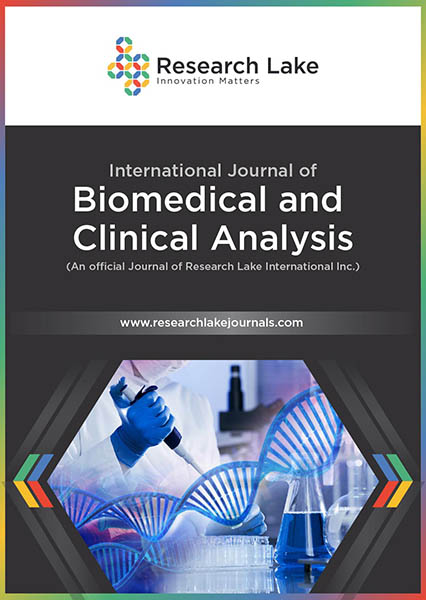Mortality Prediction of ICU Cardiovascular Patient: Time-Series Analysis
Abstract
It is estimated that millions of deaths occur annually, which can be prevented when early diagnosis and correct treatment are provided in the intensive care unit (ICU). In addition to monitoring and treating patients, the physician of the ICU has the task of predicting the outcome of patients and identifying them. They are also responsible for the separation of patients who use special ICUs. Because not necessarily all patients hospitalized in ICU benefit from this unit, and hospitalization in a few cases will only lead to an easier death. Therefore, developing an intelligent method that can help doctors predict the condition of patients in the ICU is very useful. This paper aims to predict the mortality of cardiovascular patients hospitalized in the ICU using cardiac signals. In the proposed method, the condition of patients is predicted 30 minutes before death using various features extracted from the electrocardiogram (ECG) and heart rate variability (HRV) signals and intelligent methods. The paper's results showed that combining morphological, linear, and nonlinear features can predict the mortality of patients with accuracy and sensitivity of 96.7±6.7% and 94.1±5.8%, respectively. As a result, accurate classification of diseases and correct prediction of patients by reducing unnecessary monitoring can help optimize ICU beds' use. According to new and advanced techniques and technologies, it is possible to predict and treat many diseases in ICU, leading to longer patient survival.
Copyright (c) 2023 Mohammad Karimi Moridani

This work is licensed under a Creative Commons Attribution-NonCommercial 4.0 International License.
Copyright © by the authors; licensee Research Lake International Inc., Canada. This open-access article is distributed under the terms of the Creative Commons Attribution Non-Commercial License (CC BY-NC) (http://creative-commons.org/licenses/by-nc/4.0/).






















